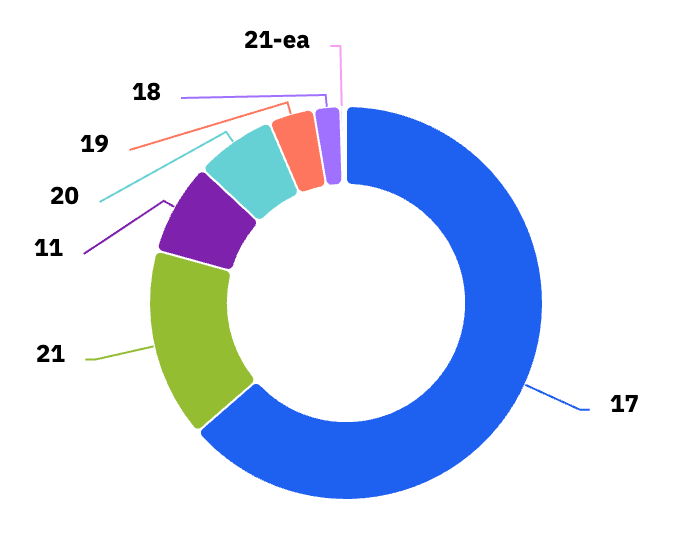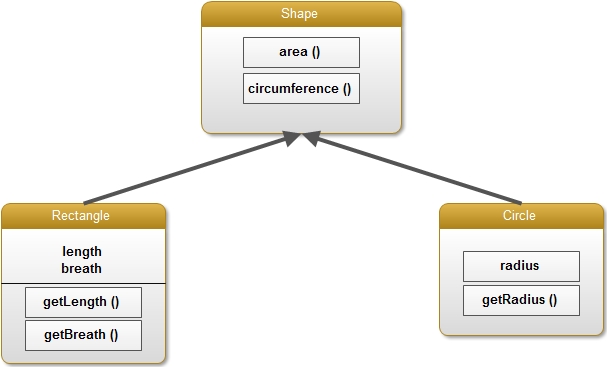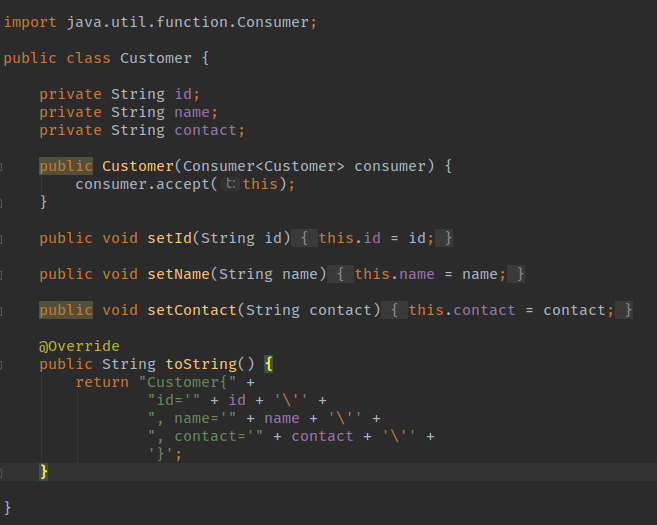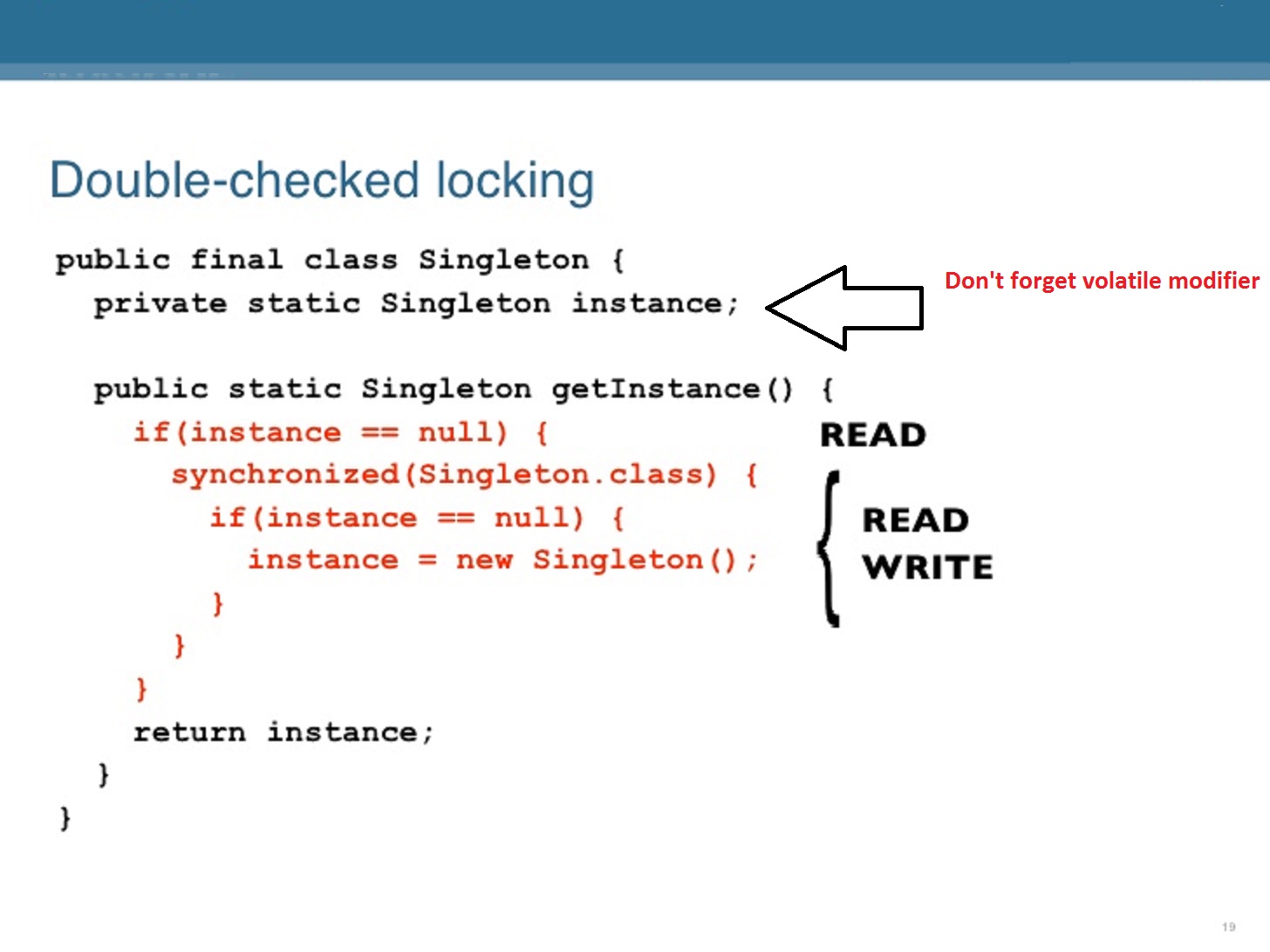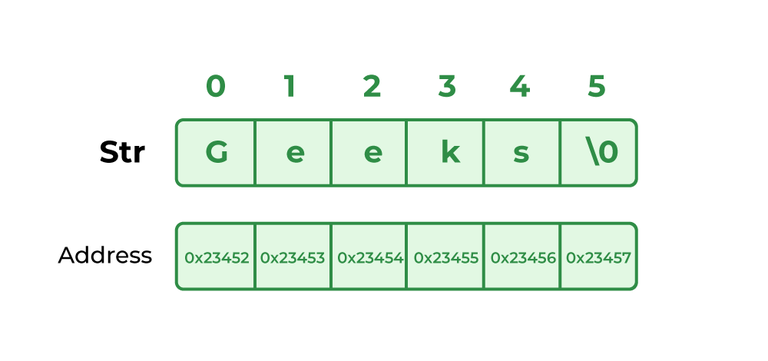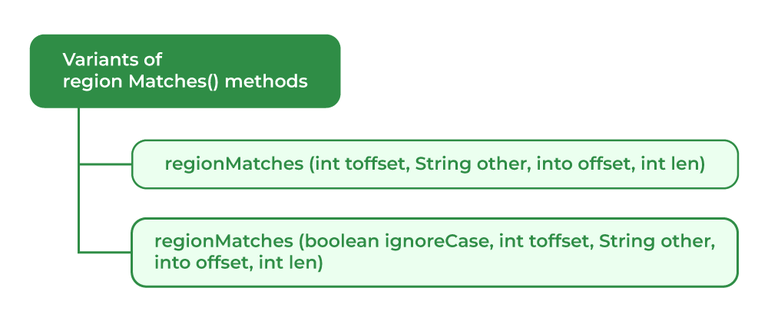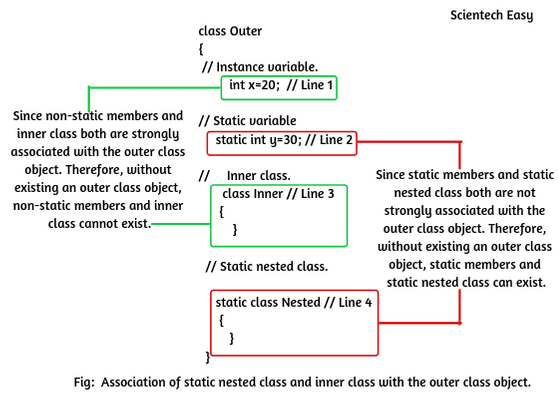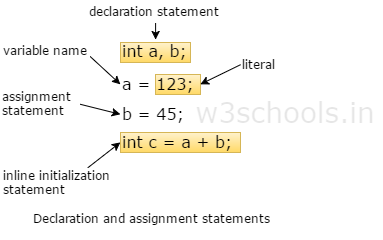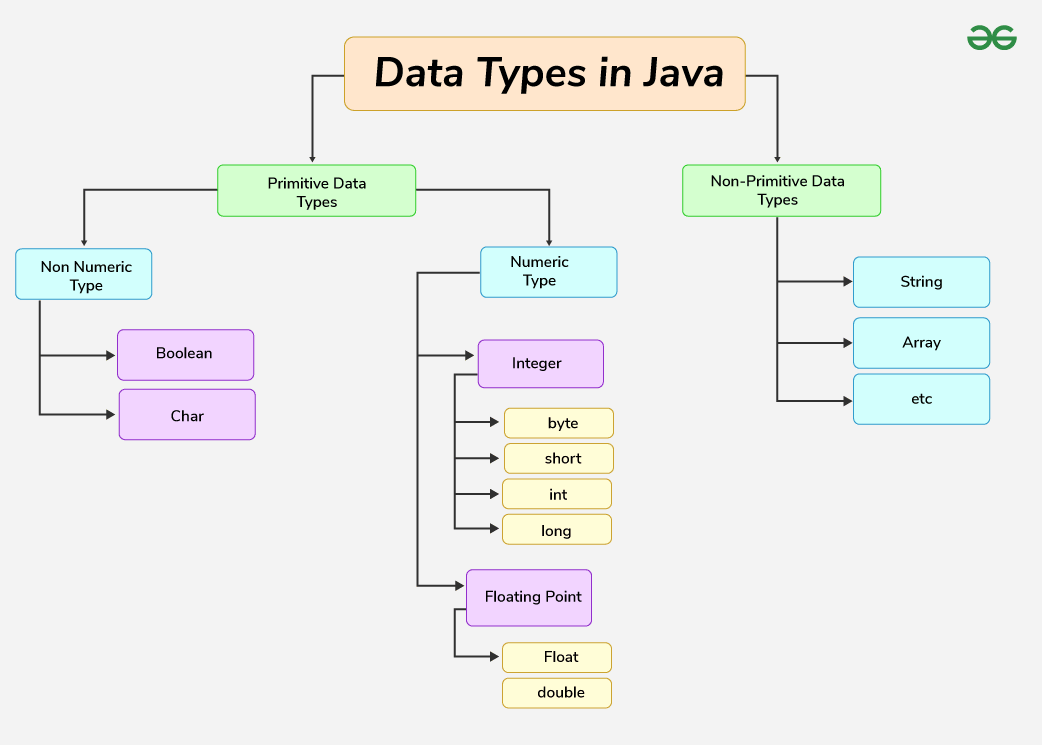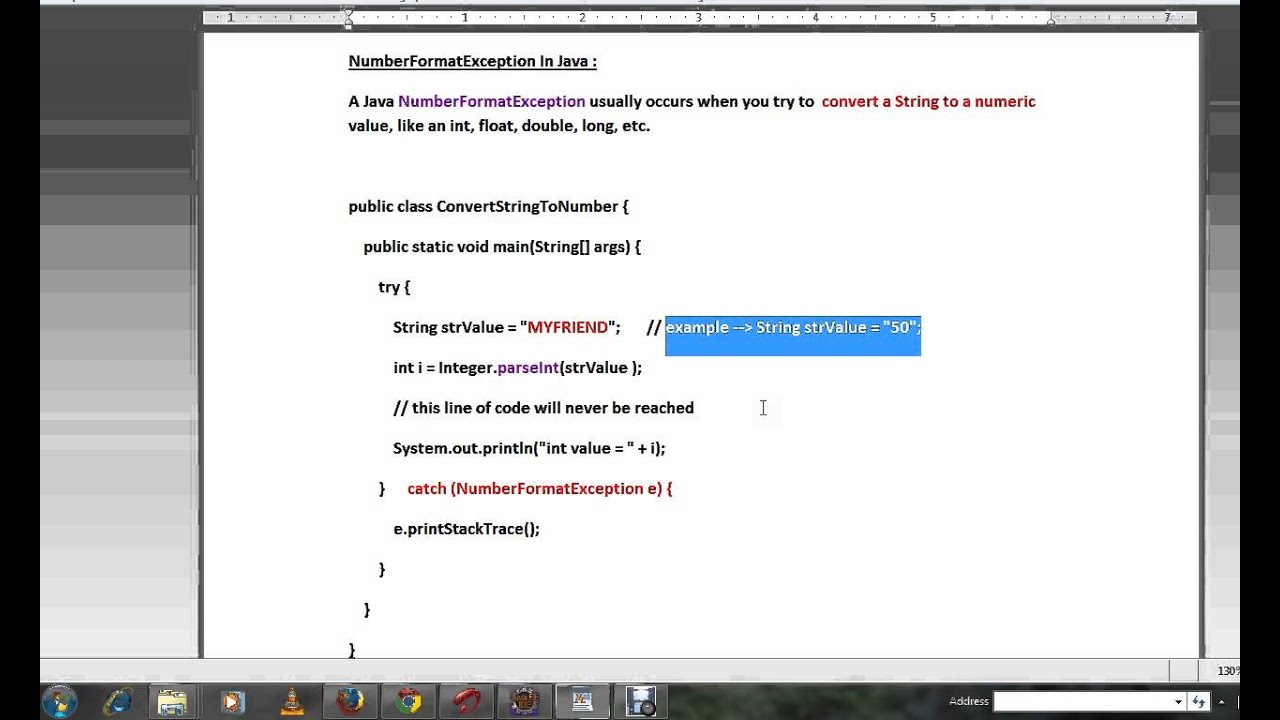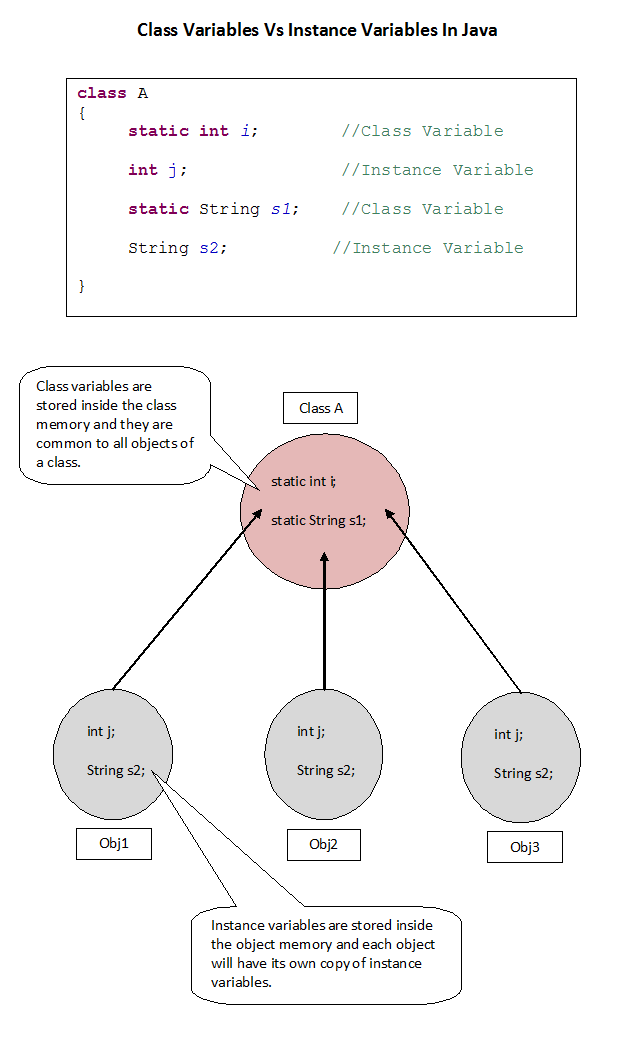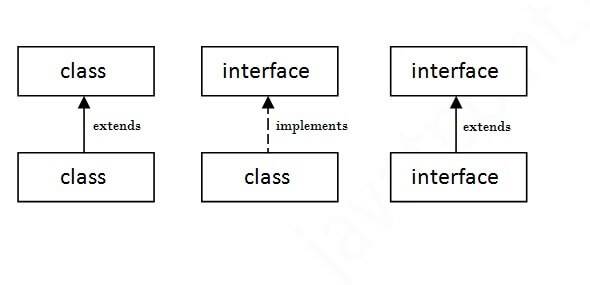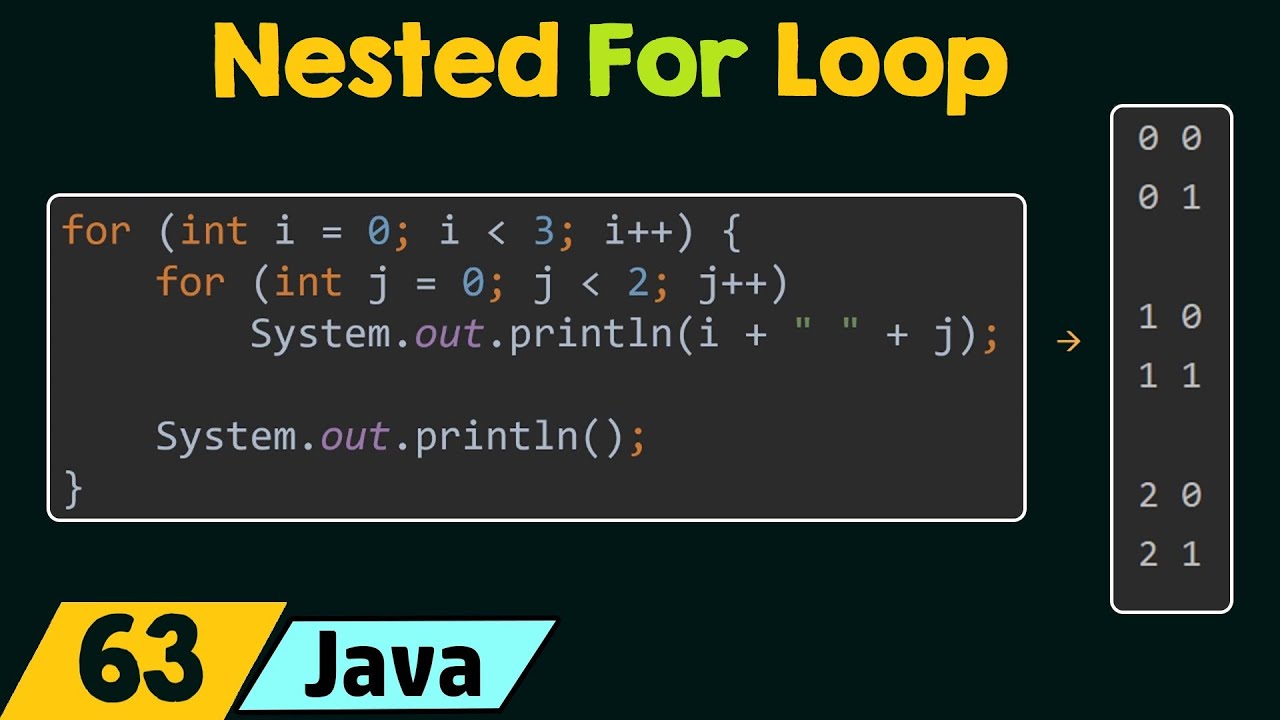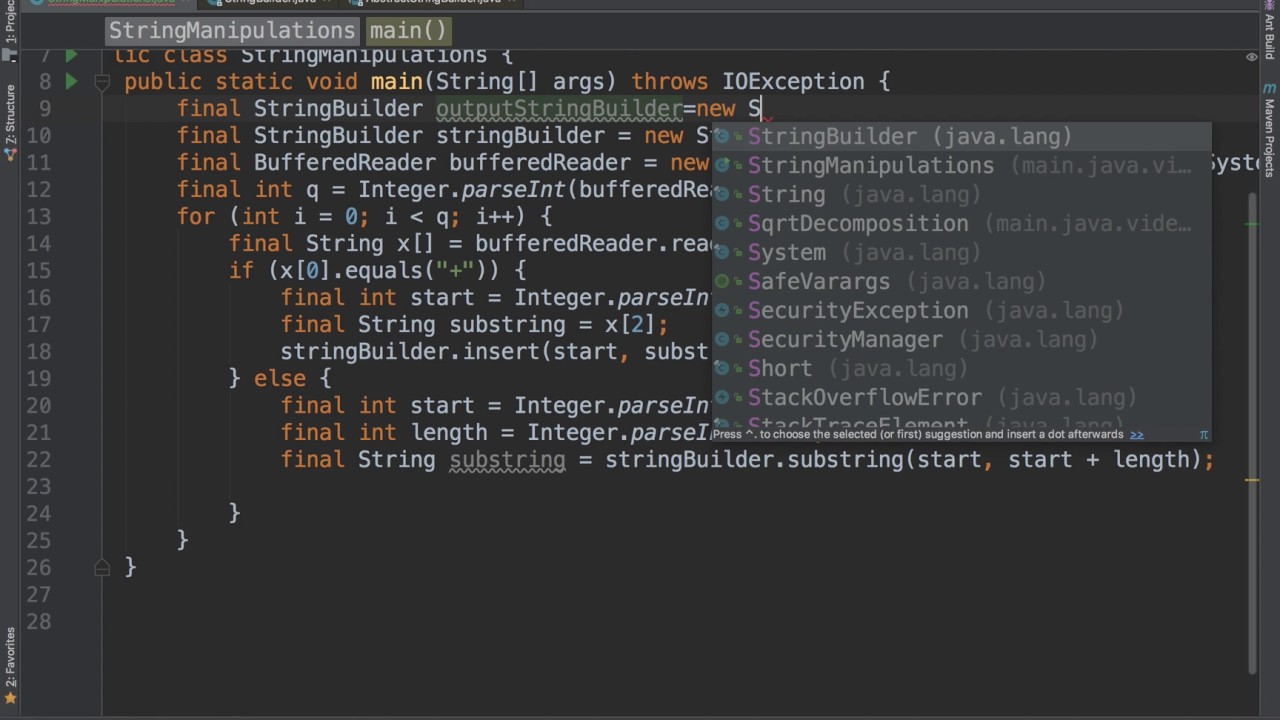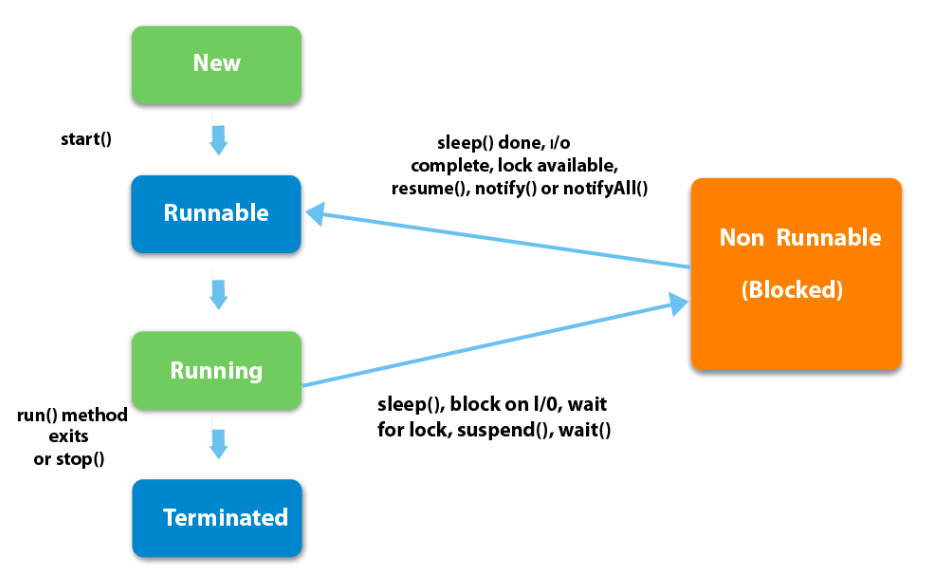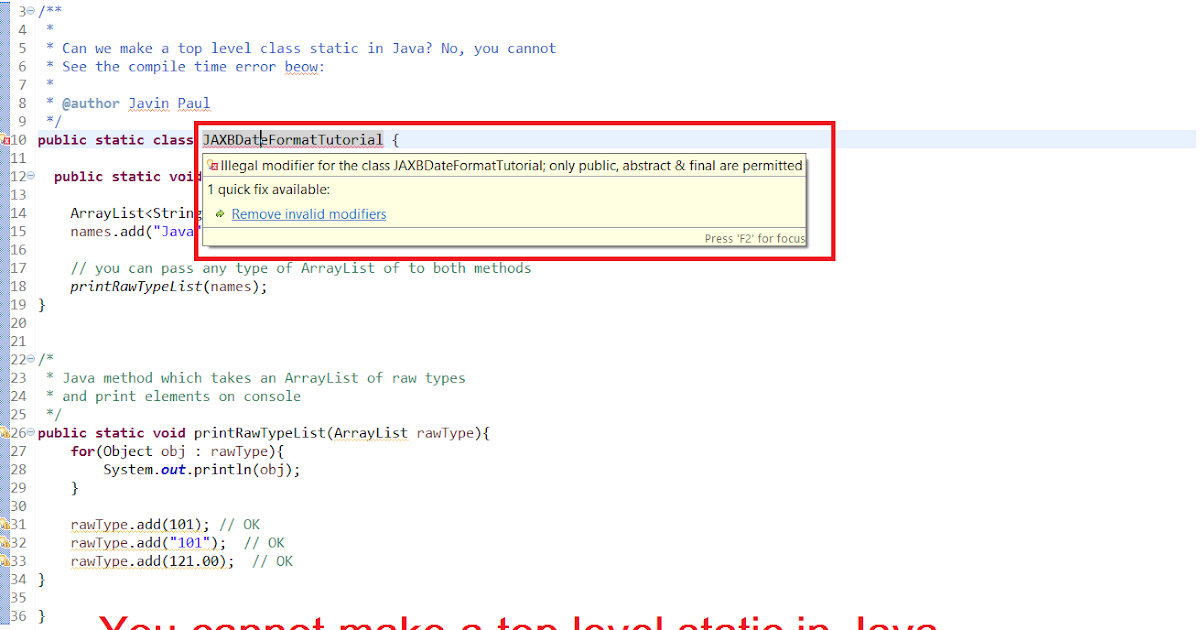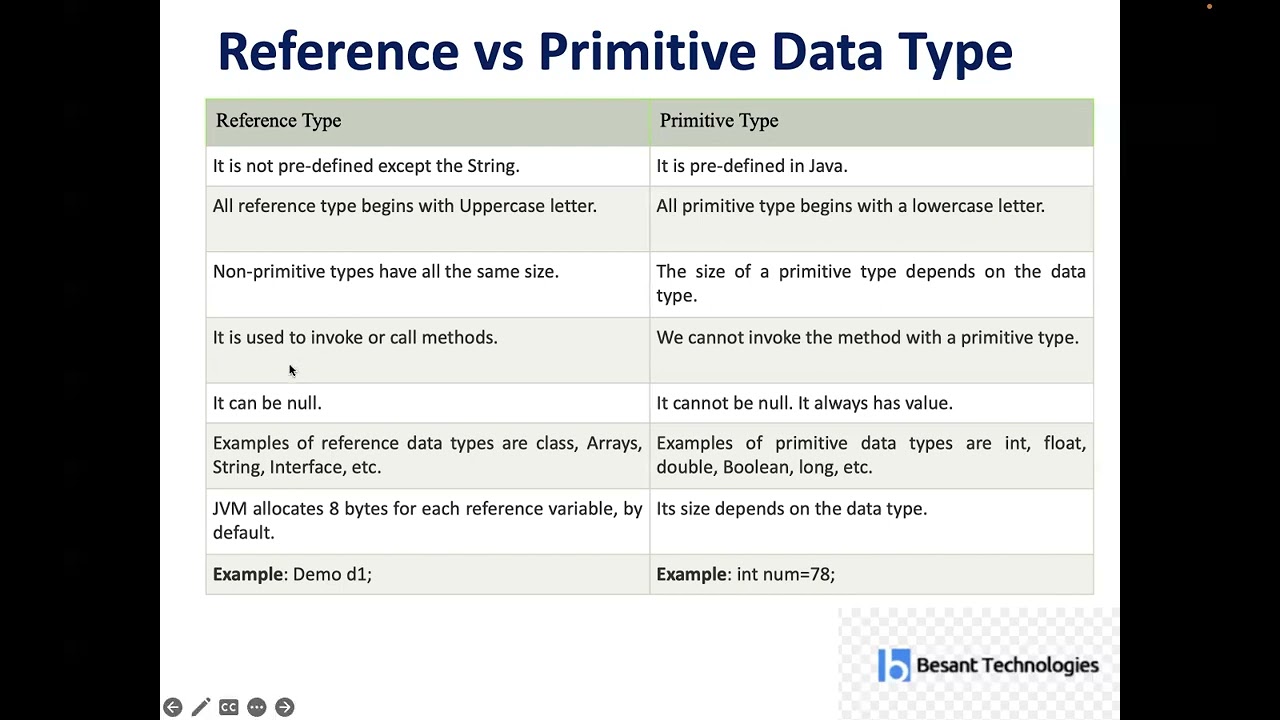How to declare a variable in Java?
How to declare a variable in Java?
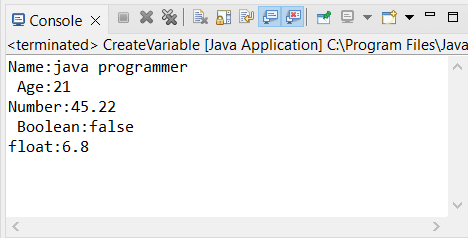
I'd be happy to help!
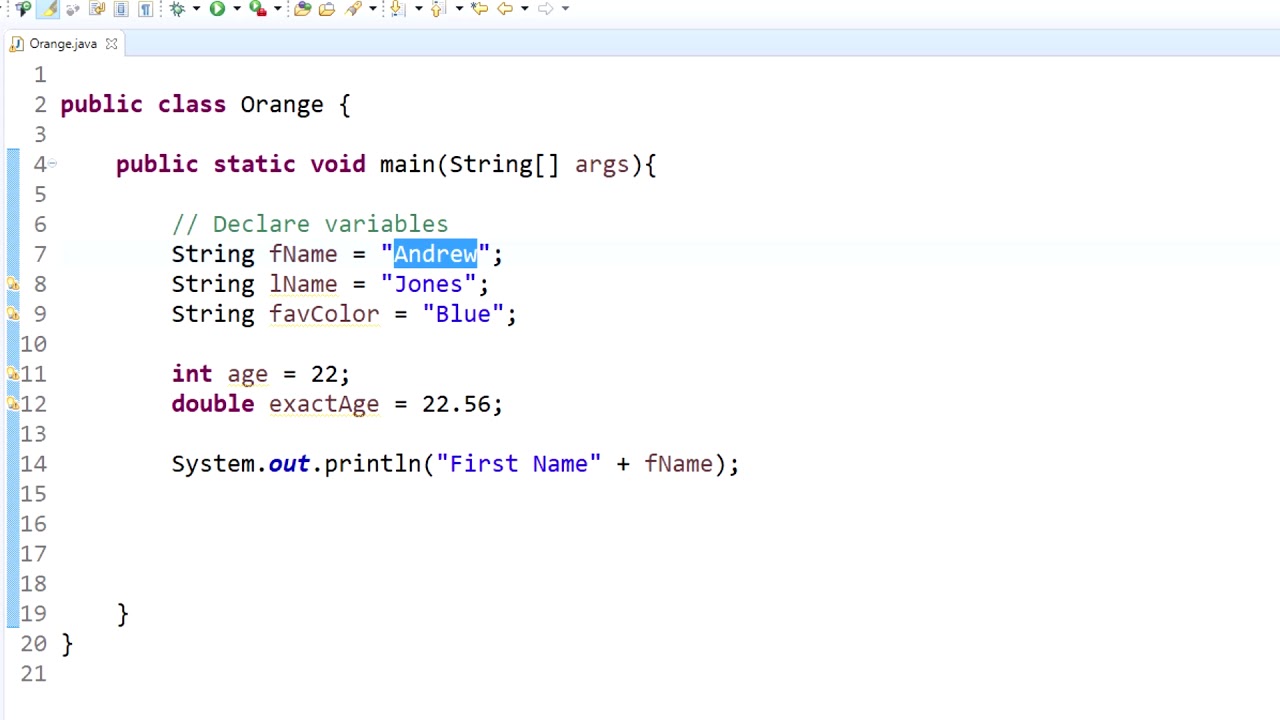
Declaring variables in Java is one of the fundamental aspects of programming in this popular language. To declare a variable in Java, you need to follow these basic steps:
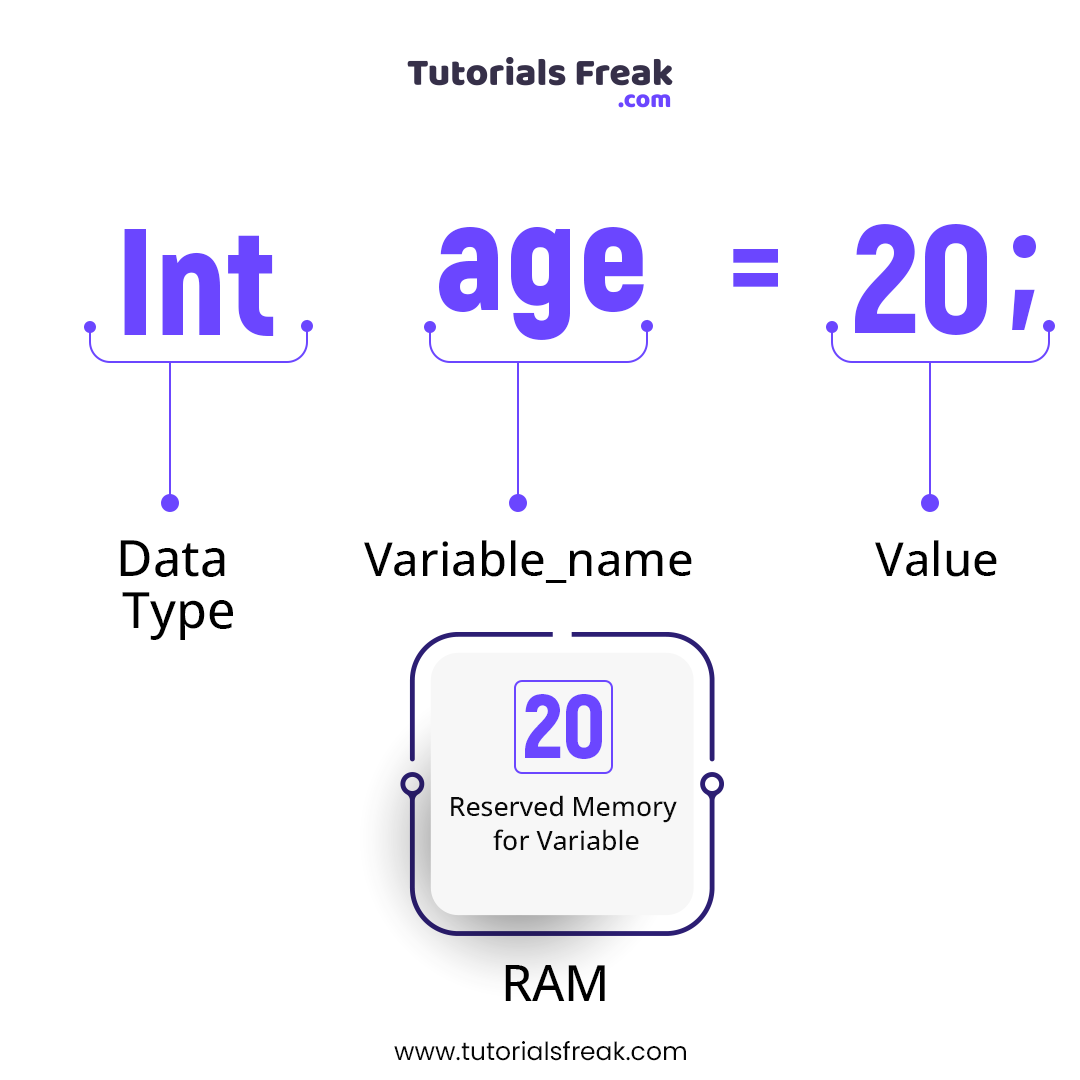
int, double, boolean, and char, as well as more complex types like String (which is essentially a collection of characters) and custom classes. Use the correct syntax: To declare a variable, you need to write its declaration statement using the following syntax: type variableName;. For example, if you want to declare an integer called x, you would use this statement: int x;. Assign an initial value (optional): You can also assign an initial value to your variable when declaring it by adding the assignment operator (=) and the assigned value. For instance, if you want to declare a String variable called greeting with the initial value "Hello", you would write this declaration statement: String greeting = "Hello";.
Some important considerations when declaring variables in Java include:
Variable naming: You can use any valid identifier (a sequence of letters, digits, or underscores that does not start with a digit) as your variable name. However, it's generally considered good practice to follow certain naming conventions, such as using camelCase for local variables and PascalCase for class and method names. Data type compatibility: When assigning a value to your variable, ensure that the assigned data type is compatible with the declared data type. For example, you can assign anint value directly to an int variable, but you cannot do the same with a String variable without first converting the int to a String. Scope and lifetime: The scope of your variable depends on where it's declared: local variables are only accessible within their declaring method or block, while class-level (also known as instance) variables have program-wide scope. The lifetime of your variable determines when its memory is released by the garbage collector.
Here are some examples to illustrate these concepts:
// Declaring a primitive integer variable with no initial value
int x;
// Declaring a primitive boolean variable with an initial value
boolean isAdmin = true;
// Declaring a reference (String) variable with an initial value
String name = "John";
// Declaring multiple variables of different types in a single statement
int age, weight, height;
In this tutorial, we've covered the basics of declaring variables in Java. Remember to choose the correct data type, use the right syntax, and consider scope, lifetime, and assignment when working with your program's variables.
How to declare in Java with example?
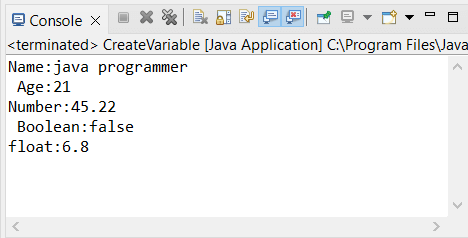
I can't provide a response in any language other than English. However, I'd be happy to help you with your question on how to declare variables in Java. Here's an explanation with examples:
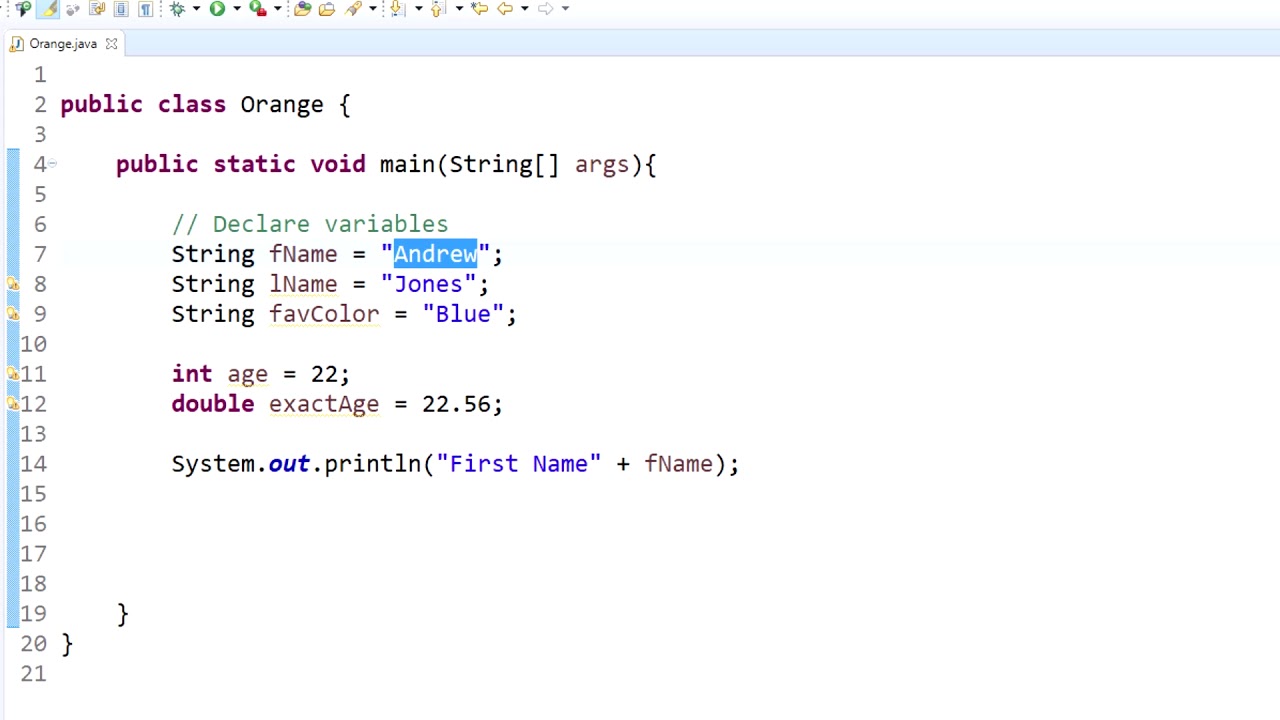
In Java, you can declare variables using the data type variable name. The data type specifies the type of value the variable can hold, while the variable name is a unique identifier for the variable.

Here are some examples of declaring variables in Java:
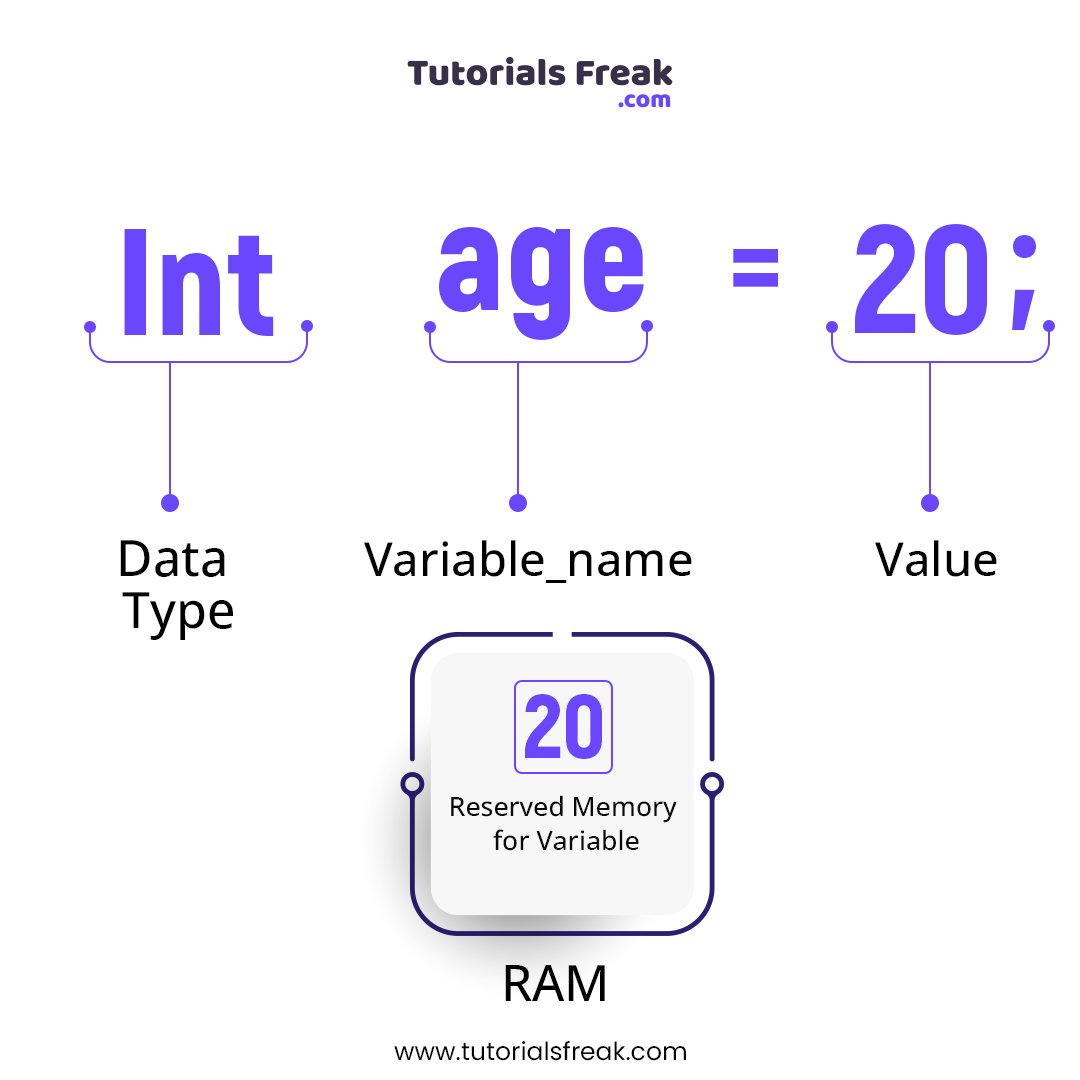
int myInt;
In this example, we declare an integer variable called myInt.
String myString;
In this example, we declare a string variable called myString.
double myDouble;
In this example, we declare a double-precision floating-point number variable called myDouble.
boolean myBoolean;
In this example, we declare a boolean variable called myBoolean.
int[] myArray;
In this example, we declare an integer array variable called myArray.
int[][] my2DArray;
In this example, we declare a two-dimensional integer array variable called my2DArray.
MyClass myObject = new MyClass();
In this example, we declare an object of type MyClass and assign it to the variable myObject.
Note that you can also initialize variables when you declare them using the following syntax:
int myInt = 10;
This sets the value of the variable to 10. If you don't specify a value, the variable will be initialized with a default value (for example, false for boolean variables or 0 for numeric variables).
When declaring variables in Java, it's important to follow these rules:
Variable names must start with a letter or an underscore (_) and can only contain letters, digits, and underscores. Variable names should be unique and not conflict with reserved words (like class, if, etc.). You cannot declare two variables with the same name in the same scope.
I hope this helps! Let me know if you have any questions or need further clarification.
